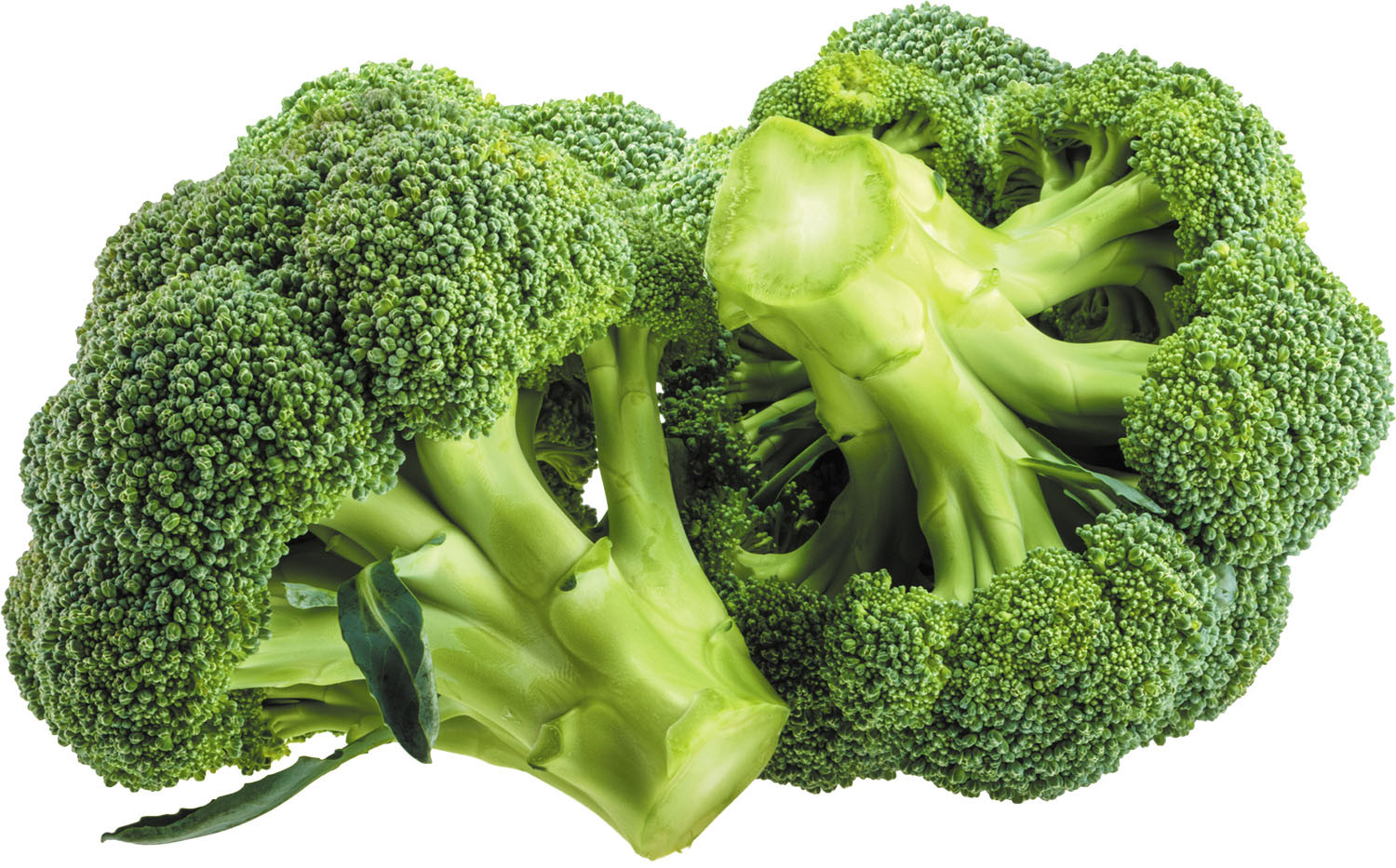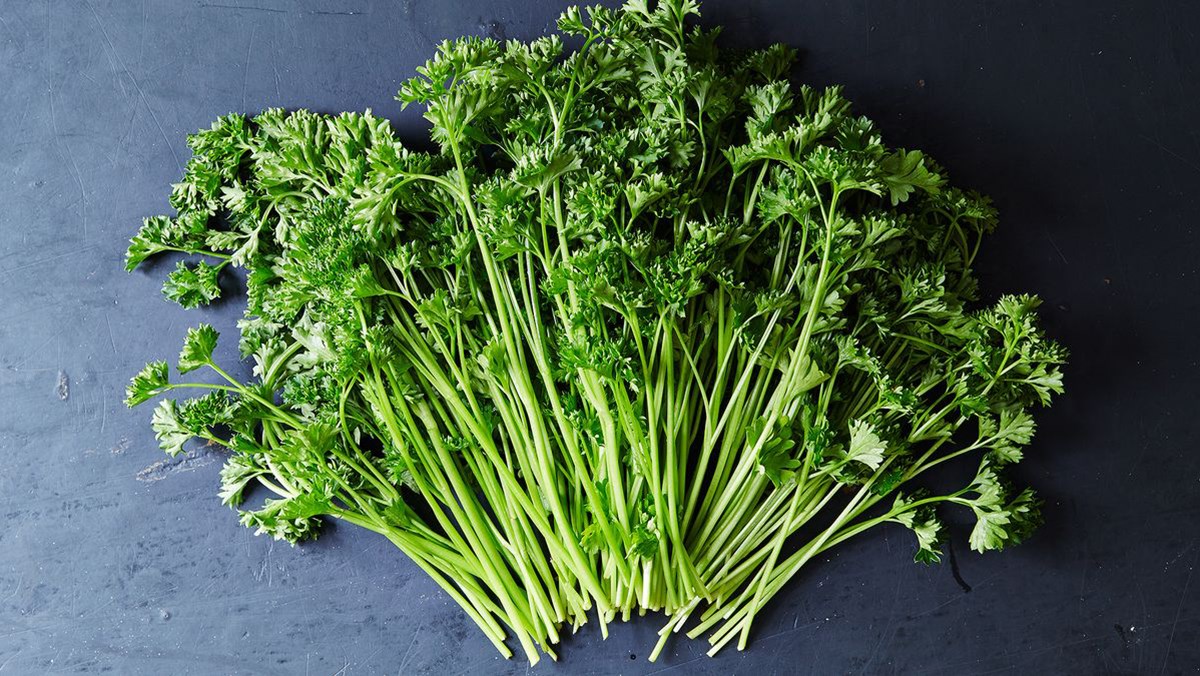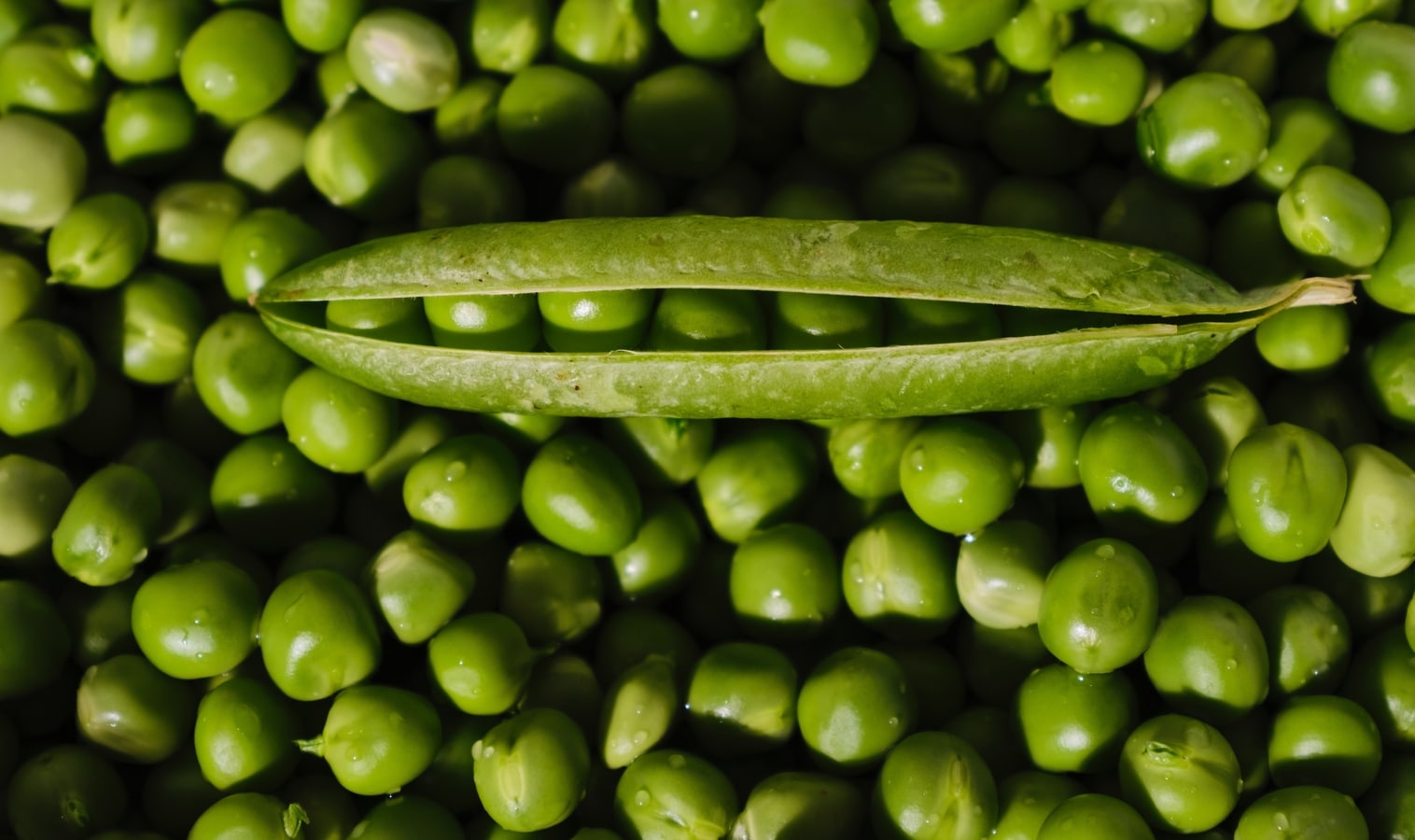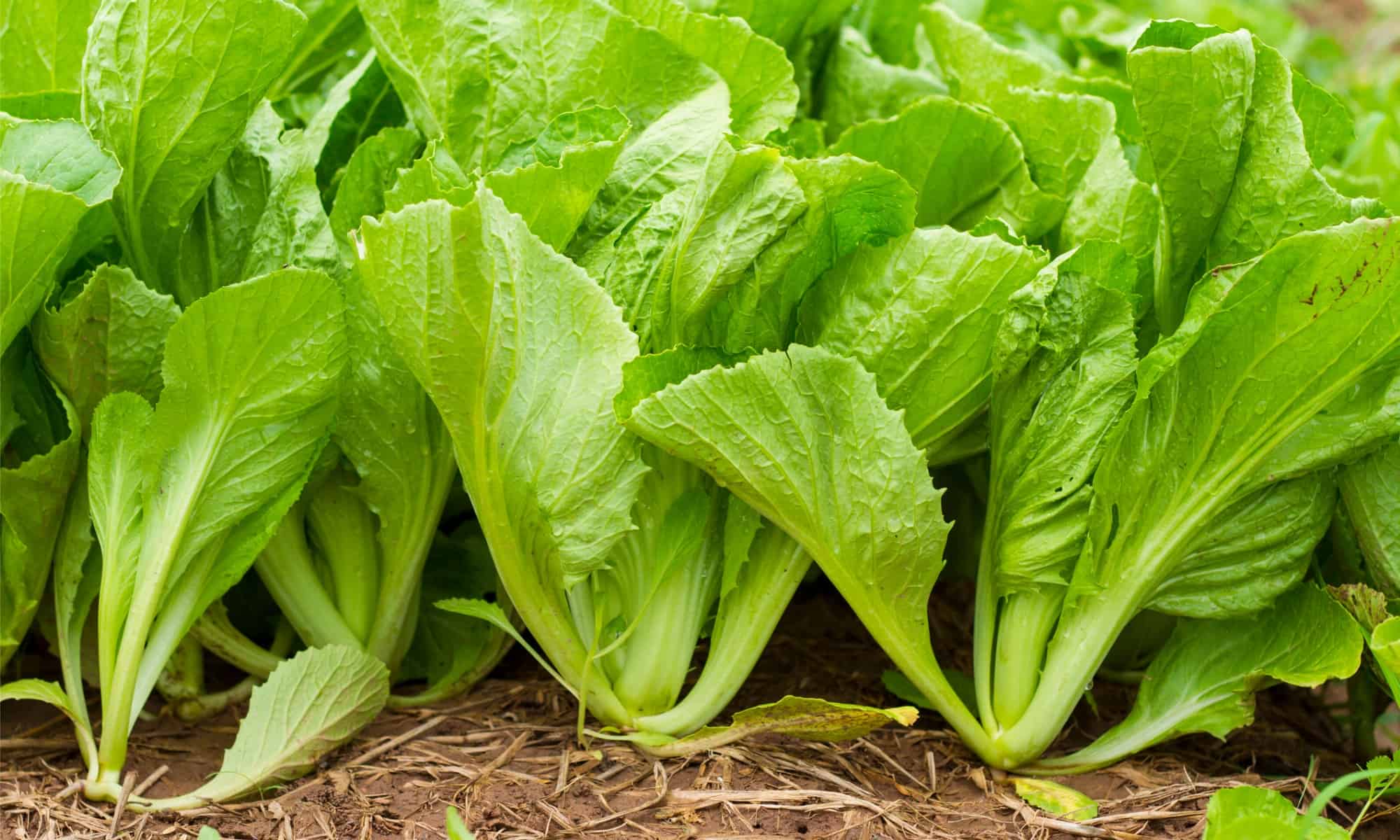Welcome to this post about foods high in vitamin K for heart health. Vitamin K is an essential nutrient that plays a crucial role in blood clotting and bone health, but recent research has also suggested that it may have a role in promoting heart health. In this post, we'll explore 10 foods that are high in vitamin K and may help to support a healthy heart. From leafy greens like spinach and kale to vegetables like broccoli and Brussels sprouts, there are many delicious and nutritious options to choose from. However, it's important to remember that vitamin K can interact with certain medications, so it's always a good idea to talk to your doctor before making any major dietary changes. With that in mind, let's dive into the world of vitamin K-rich foods and learn how they can benefit our heart health.
1, Spinach.
Spinach is an excellent source of vitamin K, with just one cup of cooked spinach providing over 1000% of the recommended daily intake of this important nutrient. In addition to supporting blood clotting and bone health, vitamin K may also play a role in promoting heart health. So, be sure to include spinach in your diet to help support your overall health and well-being.
2, Kale.
Kale is a nutritional powerhouse and an excellent source of vitamin K. Just one cup of cooked kale provides over 1000% of the recommended daily intake of this essential nutrient. In addition to being high in vitamin K, kale is also packed with other important vitamins and minerals such as vitamin A, vitamin C, and calcium.
Furthermore, kale is a member of the cruciferous vegetable family, which includes other nutrient-rich veggies like broccoli, Brussels sprouts, and cauliflower. These vegetables contain compounds that have been shown to reduce inflammation, support detoxification, and even fight cancer.
Eating kale and other leafy greens has also been linked to improved heart health. One study found that people who ate more leafy greens had a lower risk of heart disease than those who ate fewer of these foods. This may be due in part to the high levels of vitamin K found in these vegetables, which have been shown to reduce arterial calcification, a risk factor for heart disease.
So, incorporating kale and other leafy greens into your diet can provide a wide range of health benefits, including promoting heart health, reducing inflammation, and supporting overall well-being.
3, Broccoli.
Broccoli is a delicious and nutritious vegetable that is also a great source of vitamin K. One cup of cooked broccoli contains around 220% of the recommended daily intake of this important nutrient, as well as other beneficial vitamins and minerals like vitamin C, fiber, and folate.
In addition to being a rich source of vitamin K, broccoli also contains sulforaphane, a compound with powerful antioxidant and anti-inflammatory properties. Research has shown that diets high in cruciferous vegetables like broccoli may help to reduce the risk of certain types of cancer, including breast, lung, and colon cancer.
Furthermore, studies have suggested that broccoli may have cardiovascular benefits, including lowering blood pressure and reducing inflammation in the arteries. This may be due in part to the high levels of vitamin K found in broccoli, which have been shown to help prevent calcification of the arteries, a risk factor for heart disease.
So, be sure to include broccoli in your diet to enjoy its many health benefits, including its high content of vitamin K, antioxidants, and anti-inflammatory compounds.
4, Brussels sprouts.
Brussels sprouts are a delicious and nutritious vegetable that are also a great source of vitamin K. One cup of cooked Brussels sprouts contains around 220% of the recommended daily intake of this important nutrient, as well as other beneficial vitamins and minerals like vitamin C, fiber, and folate.
Like other cruciferous vegetables, Brussels sprouts are also rich in sulforaphane, a compound with powerful antioxidant and anti-inflammatory properties. Studies have suggested that diets high in cruciferous vegetables may help to reduce the risk of certain types of cancer, including colorectal, lung, and prostate cancer.
Furthermore, Brussels sprouts may also have cardiovascular benefits. One study found that people who ate more cruciferous vegetables like Brussels sprouts had a lower risk of heart disease than those who ate fewer of these foods. This may be due in part to the high levels of vitamin K found in Brussels sprouts, which have been shown to help prevent calcification of the arteries, a risk factor for heart disease.
So, be sure to include Brussels sprouts in your diet to enjoy their many health benefits, including their high content of vitamin K, antioxidants, and anti-inflammatory compounds.
5, Swiss chard.
Swiss chard is a leafy green vegetable that is not only delicious but also packed with nutrients, including vitamin K. Just one cup of cooked Swiss chard contains around 700% of the recommended daily intake of this essential nutrient.
In addition to being high in vitamin K, Swiss chard is also a great source of other important vitamins and minerals like vitamin A, vitamin C, and potassium. Furthermore, Swiss chard contains a range of antioxidants and anti-inflammatory compounds that may offer additional health benefits.
Research has suggested that diets high in leafy greens like Swiss chard may help to reduce the risk of certain chronic diseases, including heart disease, diabetes, and some types of cancer. This may be due in part to the high levels of vitamin K found in these vegetables, which have been shown to reduce arterial calcification, a risk factor for heart disease.
So, be sure to add some Swiss chard to your meals to help boost your intake of this important nutrient and support your overall health and well-being.
6, Parsley.
Parsley is an herb that is commonly used to add flavor to many dishes and is also a great source of vitamin K. Just two tablespoons of fresh parsley contain around 160% of the recommended daily intake of this important nutrient.
In addition to being high in vitamin K, parsley is also a good source of vitamin C, vitamin A, and folate. Furthermore, parsley contains a range of antioxidants and anti-inflammatory compounds that may offer additional health benefits.
Studies have suggested that parsley may have a number of health benefits, including reducing inflammation, improving digestion, and supporting kidney function. Furthermore, the high levels of vitamin K found in parsley may help to support bone health and reduce the risk of fractures.
So, be sure to add some fresh parsley to your meals to help boost your intake of this important nutrient and enjoy its many health benefits. Whether sprinkled on top of salads, used as a garnish for soups and stews, or blended into a pesto, parsley is a versatile and delicious herb that can be enjoyed in many different ways.
7, Green peas.
Green peas are not only delicious but also packed with nutrients, including vitamin K. Just one cup of cooked green peas contains around 40% of the recommended daily intake of this essential nutrient.
In addition to being high in vitamin K, green peas are also a great source of other important vitamins and minerals like vitamin C, fiber, and folate. Furthermore, green peas are a good source of plant-based protein, making them a great choice for vegetarians and vegans.
Research has suggested that diets high in fruits and vegetables, including green peas, may help to reduce the risk of chronic diseases like heart disease, cancer, and diabetes. Furthermore, the high levels of vitamin K found in green peas may help to support bone health and reduce the risk of fractures.
So, be sure to include some green peas in your diet to help boost your intake of this important nutrient and support your overall health and well-being. Green peas can be enjoyed in a variety of ways, such as in soups, stews, salads, and as a side dish.
8, Asparagus.
Asparagus is a nutritious and delicious vegetable that is also a good source of vitamin K. Just one cup of cooked asparagus contains around 60% of the recommended daily intake of this important nutrient.
In addition to being high in vitamin K, asparagus is also a great source of other important vitamins and minerals like vitamin C, folate, and fiber. Furthermore, asparagus contains a range of antioxidants and anti-inflammatory compounds that may offer additional health benefits.
Studies have suggested that asparagus may have a number of health benefits, including reducing inflammation, improving digestion, and supporting healthy blood sugar levels. Furthermore, the high levels of vitamin K found in asparagus may help to support bone health and reduce the risk of fractures.
So, be sure to add some asparagus to your meals to help boost your intake of this important nutrient and enjoy its many health benefits. Whether roasted, grilled, or steamed, asparagus is a versatile and delicious vegetable that can be enjoyed in many different ways.
9, Collard.
Collard greens are another leafy green that is known for their high vitamin K content, with one cup of cooked collard greens providing around 1000% of the recommended daily intake of this important nutrient.
In addition to being high in vitamin K, collard greens are also a good source of other essential vitamins and minerals like vitamin C, calcium, and fiber. Furthermore, collard greens are rich in antioxidants and anti-inflammatory compounds that may offer additional health benefits.
Studies have suggested that including collard greens in your diet may help to reduce the risk of chronic diseases like heart disease, cancer, and diabetes. Furthermore, the high levels of vitamin K found in collard greens may help to support bone health and reduce the risk of fractures.
So, be sure to include some collard greens in your diet to help boost your intake of this important nutrient and support your overall health and well-being. Collard greens can be enjoyed in a variety of ways, such as in soups, stews, salads, and as a side dish.
10, Mustard greens.
Mustard greens are another leafy green vegetable that are high in vitamin K, with just one cup of cooked mustard greens containing around 525% of the recommended daily intake of this important nutrient.
In addition to being rich in vitamin K, mustard greens are also a great source of other important vitamins and minerals like vitamin C, folate, and fiber. Furthermore, mustard greens contain a range of antioxidants and anti-inflammatory compounds that may offer additional health benefits.
Studies have suggested that including mustard greens in your diet may help to reduce the risk of chronic diseases like heart disease, cancer, and diabetes. Furthermore, the high levels of vitamin K found in mustard greens may help to support bone health and reduce the risk of fractures.
So, be sure to include some mustard greens in your meals to help boost your intake of this important nutrient and enjoy its many health benefits. Whether sautéed, steamed, or added to soups and stews, mustard greens are a versatile and delicious vegetable that can be enjoyed in many different ways.
That concludes our discussion of 10 foods high in vitamin K for heart health. By incorporating these nutrient-rich foods into your diet, you can take an important step towards promoting heart health and overall wellness. Remember to speak with your healthcare provider before making any major dietary changes, particularly if you are taking medications that may interact with vitamin K. We hope you found this post informative and helpful. If you enjoyed it, please give it a thumbs up, and don't forget to subscribe to our channel for more posts on nutrition and health. Thank you for watching!



:max_bytes(150000):strip_icc()/67952_roasted-brussels-sprouts_Rita_2x1-6aef93f61f9148bda8a5b606856eebe0.jpg)





Comments
Post a Comment